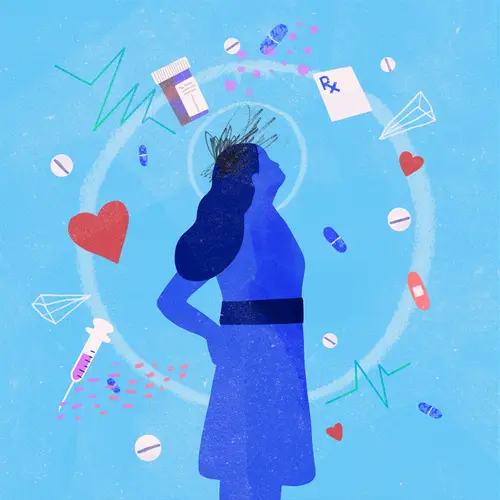What Are The Symptoms of Genital Herpes?
Genital herpes most often appears as one or more blisters on or around the genitals or rectum. When these blisters burst they leave the tender sores known as ulcers. The first time a person has a herpes outbreak, the ulcers may take two to four weeks to heal. The next outbreaks may not occur for weeks, months, or even later. When they do, they usually are less severe than the first outbreak. Herpes infection doesn't go away, but the outbreaks tend to become less frequent over time.
Genital herpes symptoms also include:
- Numbness, tingling, or burning in the genital region
- A burning sensation while urinating or having intercourse
- Painful urination, difficulty urinating, or a frequent need to urinate
- Watery blisters in the genital area
Many people with recurrent herpes experience warning signals up to 48 hours before an outbreak. These may consist of tingling, itching, or pain at the site of the eruption, or pain running down into the buttocks or to the knees.
A doctor can diagnose genital herpes by looking at the outbreak and taking a sample of tissue or fluid from the sores. There are also blood tests for HSV-1 and HSV-2. Although they can’t pinpoint when the infection was acquired or predict when an outbreak is likely to happen again, they are useful for diagnosing the condition if the outbreak is healing or has already healed.
Medications are available to treat and reduce or prevent recurrent herpes outbreaks.

